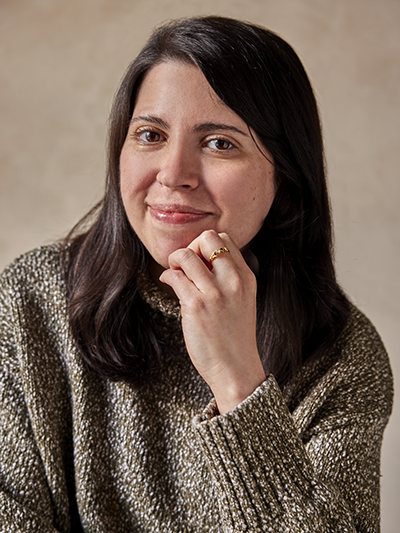Kirby Sokolow is a PhD Candidate in Religious Studies at the University of Pennsylvania. She holds a Bachelor of Arts in Religion from Wesleyan University and a Master of Arts in Religious Studies from NYU. Across her academic career, Kirby’s research has explored the creative ways people practice religion and, in so doing, form new subjectivities and relationships to space, to embodiment, to memory, and to the social and political worlds they inhabit. Her doctoral dissertation examines Buddhism in American prisons. The project analyzes the dynamic relationships between hegemonic conceptions of religion, race, criminality, and American belonging in the twentieth and twenty-first centuries. However, Kirby also resists analyzing power only as a dichotomy of domination and resistance. Instead, the dissertation follows the flow of affects, emotions, and feelings as people engage with Buddhist practice behind bars and, in the process, also in creative acts of self- and community-making.
Kirby Sokolow
Wolf Humanities Center Doctoral Fellow
2023—2024 Forum on Revolution
Kirby Sokolow
Ph.D Candidate, Religious Studies
Buddhist Exceptionalism Behind Bars: Transforming Race, Religion, and Power
My dissertation explores the ongoing revolution in—a continual revolving of—dominant conceptions of Buddhism, race, criminality, and American belonging. Since the 1970s, Buddhism-informed programming has flourished in American prisons. Many leaders of these programs describe Buddhist teachings and practices as sparking the self-transformations of incarcerated people—intimate revolutions in their ways of life. Employing archival research and media analysis, I investigate the ways such discourses support the disciplining, subject-making, and racializing work of state. Nevertheless, through close readings of memoirs, letters, and essays by prisoners, my dissertation also considers the unexpected subjectivities, emotions, and communities that emerge from these programs. In particular, I plumb the ways ethical practices like meditation rewire circuits of affects in prisons and transform incarcerated people’s relationships.



